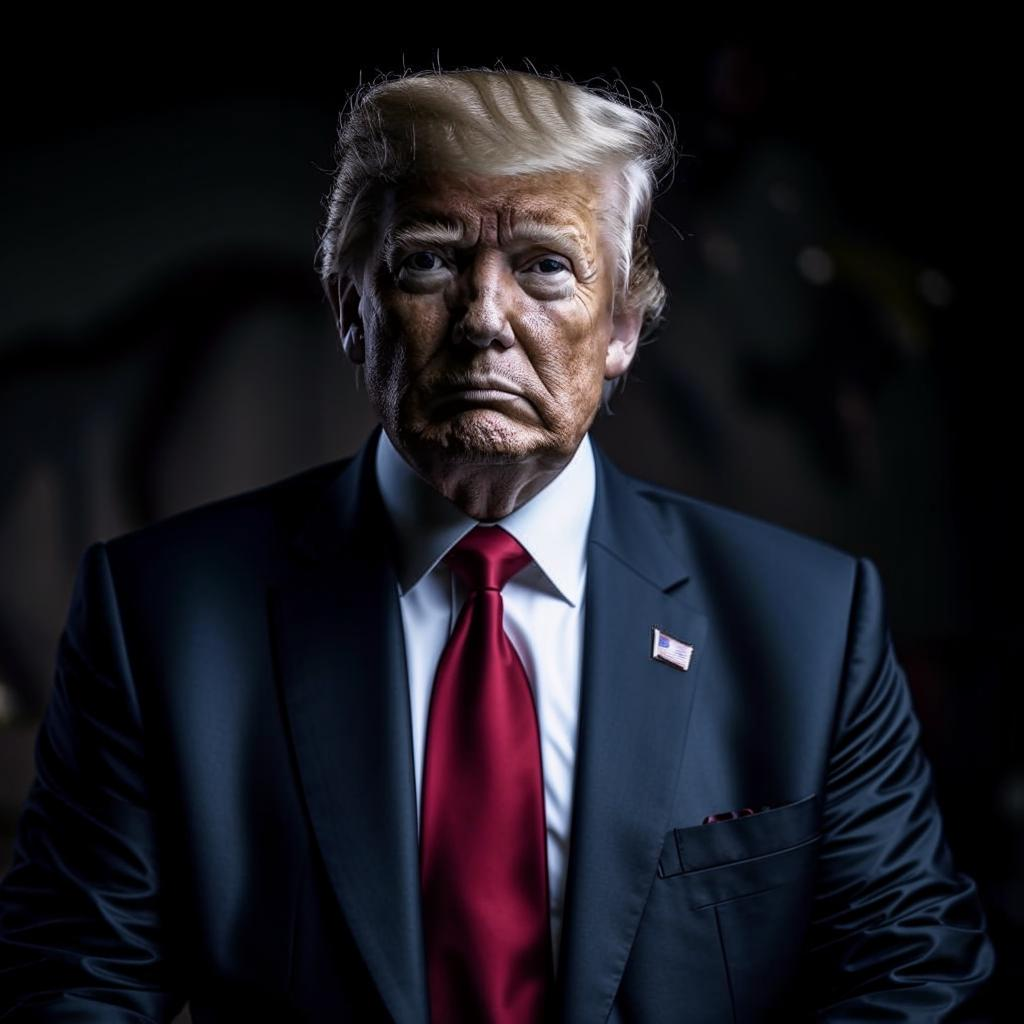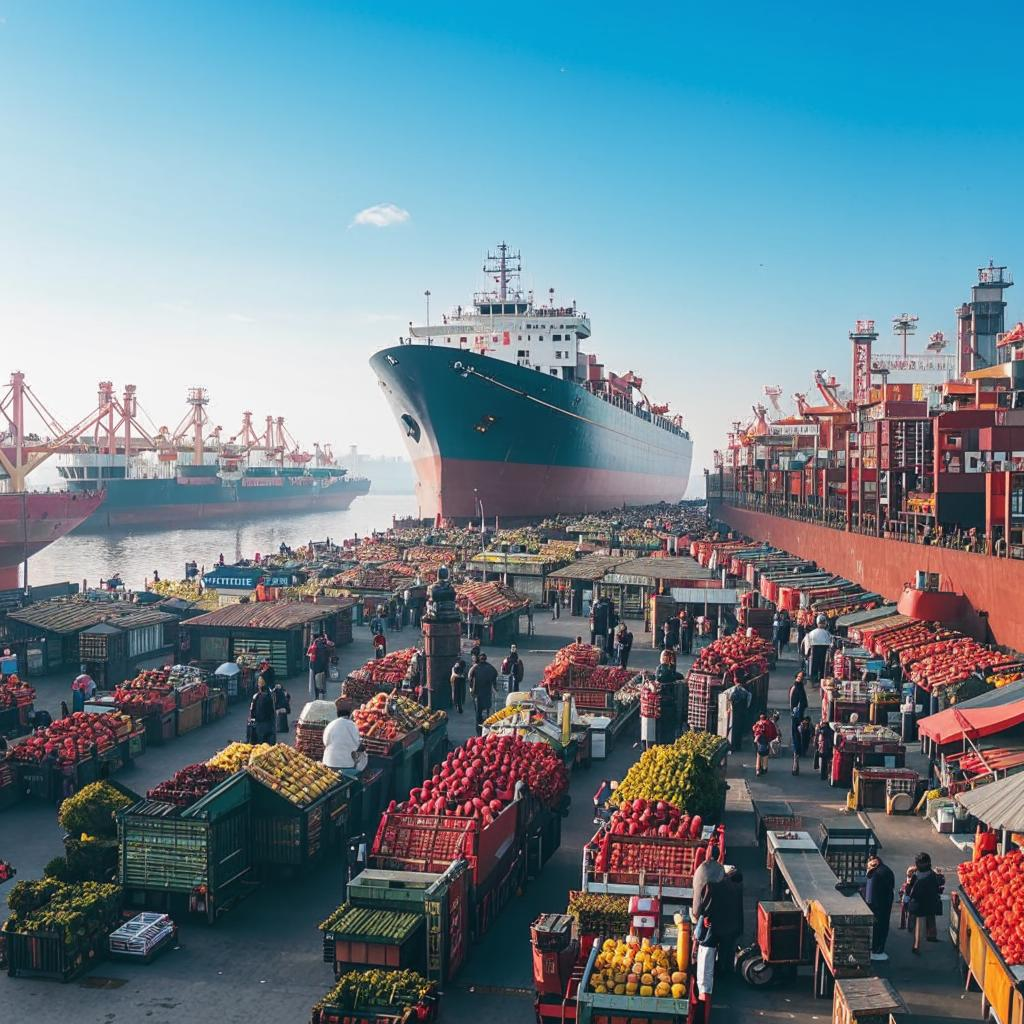Argentina has eliminated its strict currency controls, a move aimed at revitalizing its struggling economy. The decision, announced recently, marks a significant shift in economic policy and comes with the backing of the International Monetary Fund (IMF). These controls, in place for several years, restricted Argentinians’ ability to buy US dollars, leading to a thriving black market and hindering foreign investment.
The newly elected government hopes that lifting these controls will stabilize the peso, encourage exports, and attract much-needed foreign capital. The IMF has reportedly offered financial assistance to support the transition and cushion the economy from potential shocks. The removal of controls will allow Argentinians and foreign investors to freely exchange pesos for dollars.
However, the transition is not without risks. A potential devaluation of the peso is anticipated, which could initially lead to higher inflation. The government plans to implement measures to mitigate this impact, including tight monetary policy and fiscal discipline.
Economists are divided on the long-term impact. Some believe it’s a necessary step towards a healthier economy, while others express concern about the potential for instability and social unrest if inflation spirals out of control. The success of this policy hinges on the government’s ability to maintain investor confidence and manage the economic fallout during the initial adjustment period. The move is a bold gamble to steer Argentina away from its economic woes and towards a more sustainable future.















